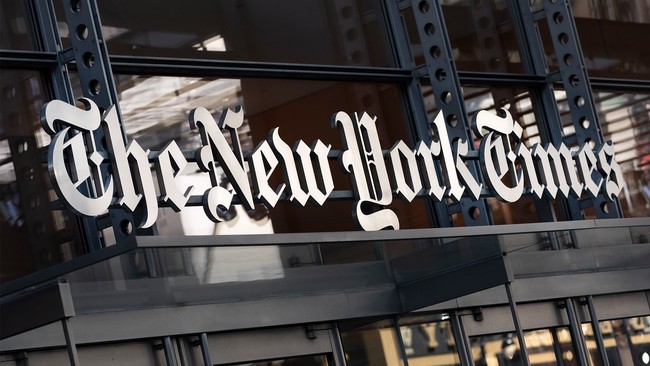After Israel’s initial attacks on Iranian nuclear and missile sites achieved some success, a chorus of public commentators, congressional leaders, and current and former political and military officials from Israel and the United States have called on Trump to join the fight and “finish the job.” Some argue that only American military participation can finally eliminate Iran’s pathway to a nuclear weapon. Others are openly advocating regime change.
Trump should resist pressure to involve the U.S. in what is likely to be a long and costly war and ignore those who tell him that the latest Middle East crisis can be resolved with “just a few airstrikes.” Attempts to physically destroy Iran’s nuclear facilities using airpower are almost certain to fail without a supporting ground force component. At the very least, ground raids would be needed to verify that enrichment capabilities were fully disabled and stockpiles of highly enriched uranium rendered inaccessible or unusable. U.S. military action would also probably result in retaliation against American troops in the region, which will require additional response from U.S. forces, creating a slippery slope to a protracted war.
Meanwhile, the track record of attempted regime change in the Middle East speaks for itself. The successful installation of a new government in Tehran would likely require indefinite security support from U.S. military personnel as a new regime seeks to consolidate domestic control. A failed state, on the other hand, would result in ethnic and religious strife in a country of 90 million (roughly three times the size of Iraq, the site of the last U.S. nation-building failure), with repercussions across the entire region.
Subscribe Today
Get daily emails in your inbox
Instead of listening to familiar figures repeat long-discredited arguments about the apocalyptic dangers of non-existent WMDs and the millenarian promise of democracy promotion in distant lands, Trump should trust his own track record of condemning the folly of the Iraq invasion and other endless wars of choice that have sapped American power and fruitlessly expended American blood and treasure, acknowledge the strong public opposition to further embroilment in the Middle East (most prominent within his own base), and seek a deal with Iran that still has a chance to bring stability and security to the region.
Any such deal should secure Trump’s sole declared objective—a non-nuclear Iran—in exchange for Tehran’s top priority—regime security. The details of that deal will require negotiation, but the fundamentals seem clear. Iran would accept limitations on its nuclear enrichment, with the option to join a regional consortium as discussed in past rounds of negotiations, and the United States would in turn offer credible assurances through a Trump-signed executive order aimed at supporting Iran’s future prosperity under its current regime. This would include immediate sanctions relief, a U.S. commitment not to seek regime change, and a pledge to withhold U.S. military aid from any partner that launches an unprovoked attack on Iran.
The demonstrated weakness (and advanced age) of the regime in Tehran should help make the case to keep it in place once a deal is concluded. The danger presented by the theocratic government is now at its nadir and unlikely to grow much further in the supreme leader’s lifetime. Succumbing to the temptation to deliver a knockout blow, on the other hand, could either reveal reserves of strength that the current regime does not realize it possesses. Or set the stage for the emergence of a considerably more vigorous successor.












